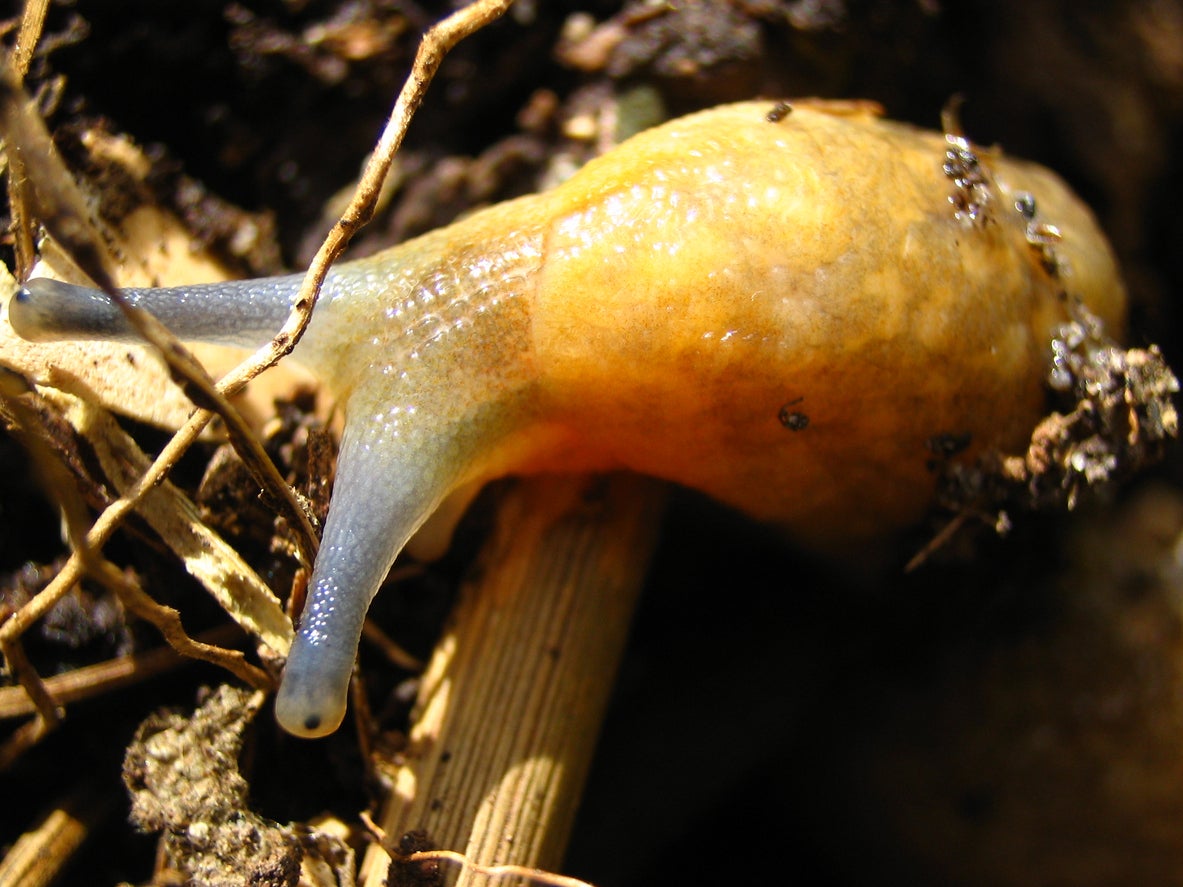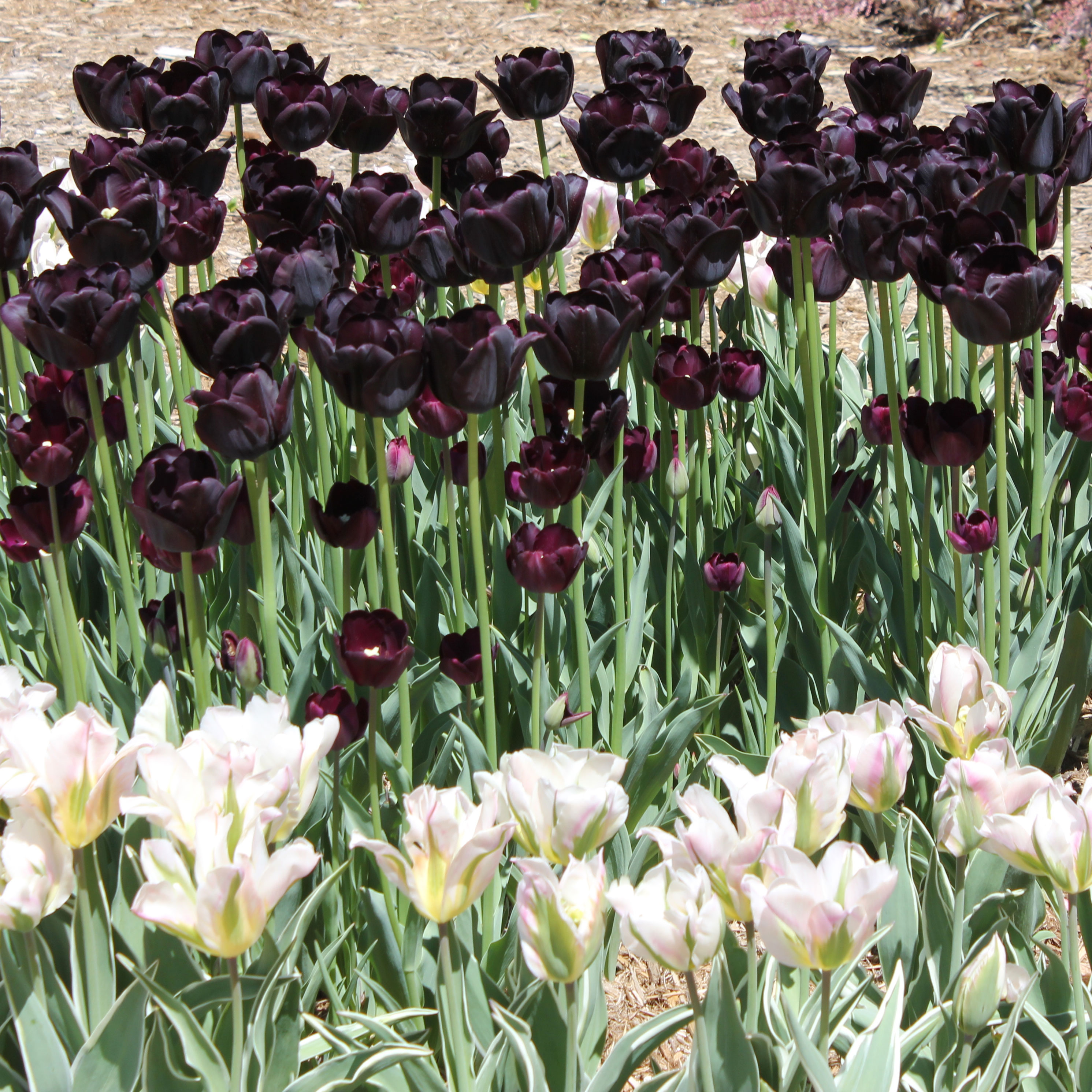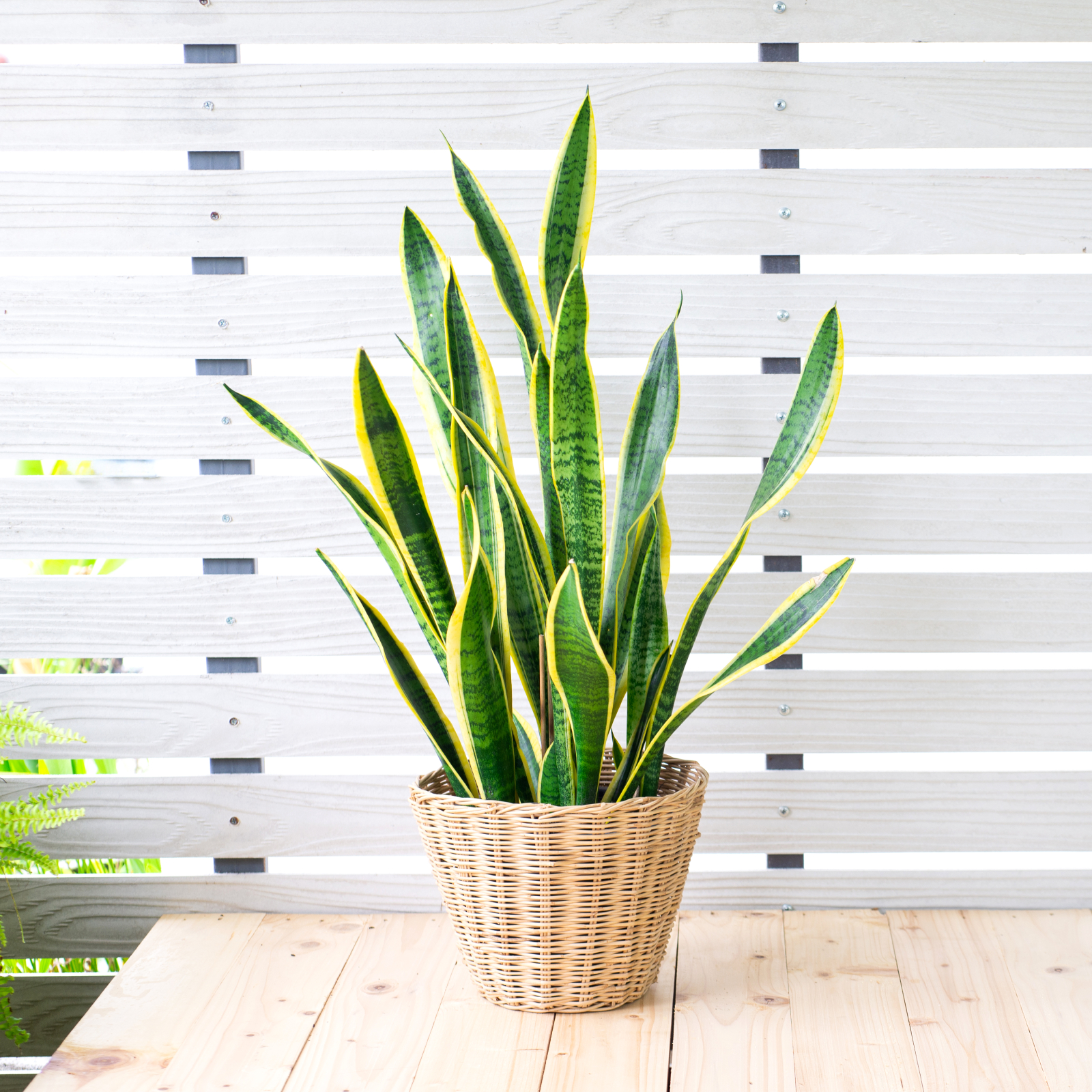Compost And Slugs – Are Slugs Good For Compost


Nobody likes slugs, those gross, slimy pests that eat their way through our prized vegetable gardens and wreak havoc in our carefully tended flower beds. It may seem odd, but slugs are actually valuable in certain ways, especially when it comes to composting. In fact, slugs in compost should be welcomed, not shunned. Below, we explore the idea of compost and slugs and provide helpful tips for managing compost slugs.
About Compost and Slugs
Are slugs good for compost? Slugs usually feed on living plant matter, but they also like plant debris and fresh garbage. For slugs, the compost bin is a perfect environment.
What could be good about slugs in compost? Slugs are experts at breaking down organic matter, thus contributing to the process of decomposition. In fact, some gardeners don’t kill slugs at all. Instead, they actually pick the critters off plants and toss them in the compost bin.
Don’t worry too much that slugs in compost may end up in your flower beds. It’s possible that a few may survive, but many will die of old age before the compost leaves the bin. Also, slugs tend to hang out in fresh material that hasn’t yet decomposed.
Similarly, slug eggs usually aren’t a problem because they’re eaten by beetles and other organisms in the bin, or they simply get squished and decompose. If you’re still not happy about the idea of slugs in compost, there are ways of managing compost slugs.
Tips on Managing Compost Slugs
Never use slug bait or pellets in your compost bin. The pellets kill not only slugs but other beneficial organisms that help process waste into compost.
Encourage natural predators that feed on slugs, such as ground beetles, toads, frogs, hedgehogs, and some types of birds (including chickens).
Gardening tips, videos, info and more delivered right to your inbox!
Sign up for the Gardening Know How newsletter today and receive a free copy of our e-book "How to Grow Delicious Tomatoes".
Increase the amount of carbon-rich ingredients in your compost bin, as large numbers of slugs in compost may be a sign that your compost is too soggy. Add shredded newspaper, straw, or dry leaves.
Slugs usually prefer the top of the compost, where they can get at fresh organic material. If you’re able to reach into your compost bin, pick the slugs out at night and drop them into a bucket of soapy water.

A Credentialed Garden Writer, Mary H. Dyer was with Gardening Know How in the very beginning, publishing articles as early as 2007.
-
 Moody Blooms For Spring: 8 Types Of Black Flowers To Add Drama To Spring Displays
Moody Blooms For Spring: 8 Types Of Black Flowers To Add Drama To Spring DisplaysFrom midnight burgundies to inky violets, several types of black flowers can enrich and embolden a spring display. Try these brooding bloomers for a moody garden
By Tonya Barnett
-
 Can Snake Plants Live Outside? Everything You Need To Know For Snake Plants Al Fresco
Can Snake Plants Live Outside? Everything You Need To Know For Snake Plants Al FrescoSnake plants can live outside given the right conditions, but be careful that they don't take over! Learn the best way to use snake plants in your landscape.
By Mary Ellen Ellis